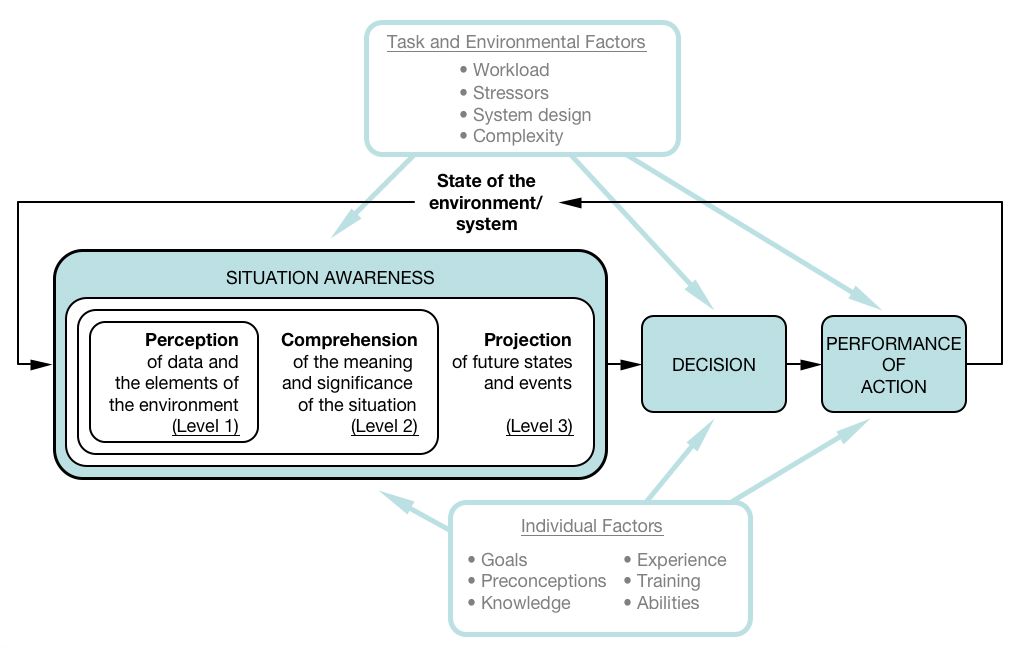D
Deleted member 4320
Guest
I would like to share some interesting self-observation of curious dynamic.
Instead, at first, focusing on some task and, at second, trying to fight the dissociation and fight with the unpleasure feelings. Better is to at first set the proper attitude, the attitude which I have on my mind is something like the: Enjoy one's suffering, because it can give the feeling of the satisfaction, search for ways to challenging themselves. Say to self: "Well I don't like do this or that, but when I will do it I would be a bit more powerful. Isn't it fantastic? :)"
The one principle, which is important, is to choose challenges wisely. Jump from the 4th floor to check whether I can get up is not wise. However, let's say I am seeking for some challenge, I am wondering, what it could be, what it could be? Okay, get some not complicated at the beginning. It could be multiplying numbers and check how big numbers I can multiplying without deconcentration and exhausted. It does not really have to mean that I would like to be a super cool in maths. I just want a challenge and just by the way learn multiplying numbers.
What is important is this substitution, which means that not to do something that is meaningful first, for example, read a complicated book and after that, let say after a few moments, start matching with various unpleasant feelings. But, at first recall the attitude: "I would like to do something that will be a challenge for me", find it, it could be, for instance, read a hard book and as the side effect, learn something new. If something is not interesting, it does not start to be interesting just because someone wants that it has to be interesting, but if one is perceiving reading hard book as the challenge for his willpower, it doesn't need to be interesting, because the main aim so to challenge themselves, however as we can expect, this is also opportunity to learn something real and new.
Instead, at first, focusing on some task and, at second, trying to fight the dissociation and fight with the unpleasure feelings. Better is to at first set the proper attitude, the attitude which I have on my mind is something like the: Enjoy one's suffering, because it can give the feeling of the satisfaction, search for ways to challenging themselves. Say to self: "Well I don't like do this or that, but when I will do it I would be a bit more powerful. Isn't it fantastic? :)"
The one principle, which is important, is to choose challenges wisely. Jump from the 4th floor to check whether I can get up is not wise. However, let's say I am seeking for some challenge, I am wondering, what it could be, what it could be? Okay, get some not complicated at the beginning. It could be multiplying numbers and check how big numbers I can multiplying without deconcentration and exhausted. It does not really have to mean that I would like to be a super cool in maths. I just want a challenge and just by the way learn multiplying numbers.
What is important is this substitution, which means that not to do something that is meaningful first, for example, read a complicated book and after that, let say after a few moments, start matching with various unpleasant feelings. But, at first recall the attitude: "I would like to do something that will be a challenge for me", find it, it could be, for instance, read a hard book and as the side effect, learn something new. If something is not interesting, it does not start to be interesting just because someone wants that it has to be interesting, but if one is perceiving reading hard book as the challenge for his willpower, it doesn't need to be interesting, because the main aim so to challenge themselves, however as we can expect, this is also opportunity to learn something real and new.


